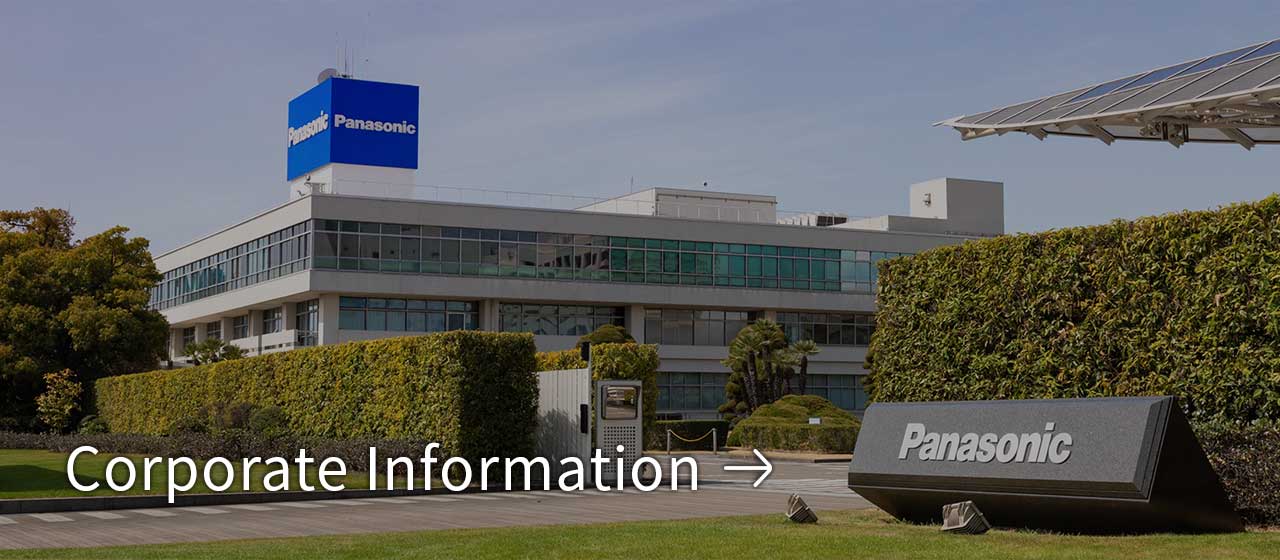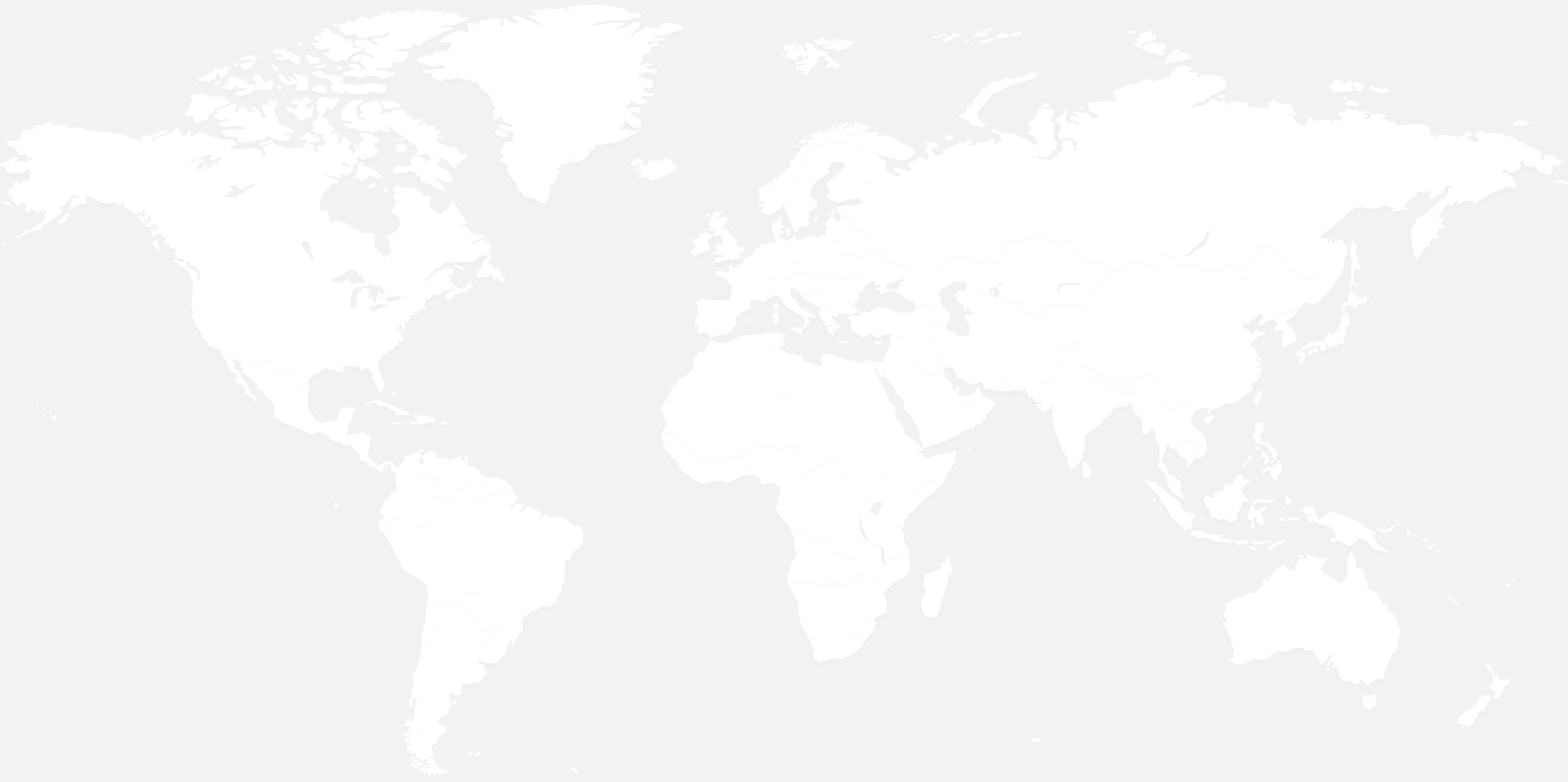News
- 2025-07-22
Group CTO Tatsuo Ogawa: Beyond Reform—Technology Future Vision’s Progress and Direction for the Next Generation

- 2025-07-18
From OLED to Solar Cells: The Precision and Potential of Panasonic’s Industrial Inkjet Printing

- 2025-07-16
Global Topic: Panasonic earns 2025 Great Place to Work Certification™ for fourth consecutive year

- 2025-07-15
Panasonic Washing and Drying Machine “ALPHA Set” wins “Best of the Best” at the Red Dot Award: Product Design 2025

- 2025-07-14
Panasonic Energy Begins Mass Production at New Automotive Lithium-ion Battery Factory in Kansas, Aiming for Annual Capacity of 32 GWh to Accelerate U.S. Local Production

Pick up
Long-Term Environmental Vision
Panasonic GREEN IMPACT
The Panasonic Group aims to achieve both a better life and a sustainable global environment, by creating impacts from actions that reduce our own CO2 emissions, contribute to avoiding CO2 emissions of society, and realize a circular economy.
New owned communication platform
Panasonic Stories
Panasonic Group has launched “Panasonic Stories,” a new communication platform. Its purpose is to share the Group’s vision in our own voice, and to share its initiatives through the stories of our people. We will deliver timely, in-depth, and reader-friendly content covering the Group’s vision, initiatives, and commitment to embracing new challenges.
Konosuke Matsushita - Words of Wisdom

Words of knowledge and insight spoken by Konosuke Matsushita, founder of Panasonic, are presented each week.
Words of knowledge and insight spoken by Konosuke Matsushita, founder of Panasonic, are presented each week.
Global Network
*Panasonic Holdings Corporation (“PHD”) has formed a strategic joint partnership with the Apollo Group in the business of Panasonic Automotive Systems Co., Ltd. (“PAS”). As a result, PAS is no longer a consolidated subsidiary of PHD, and Star Japan Holdings (including PAS as a sub-subsidiary) has become an equity-method affiliate of PHD. For more information, please refer to the following news release.
https://news.panasonic.com/global/press/en241202-6













